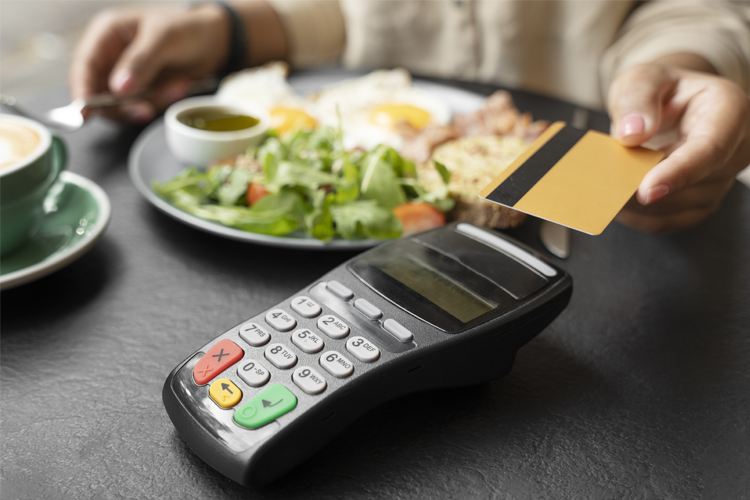

The 2nd Chamber of the Superior Court of Justice (STJ), in the judgment of REsp 2.088.361, recognized the right of a company to fully and without restrictions deduct expenses related to food and meal vouchers in the Corporate Income Tax (IRPJ).
This is the first collegiate decision of the STJ on the subject. Prior to this, there were only two individual decisions by ministers, both favorable to the perspective of the taxpayer companies.
The origin of this controversy dates back to the end of 2021, when there was a change in the federal policy of the Worker’s Food Program (PAT). Decree No. 10,854, promulgated that year, imposed limitations on deductions. Many taxpayers legally questioned the legality of such restrictions as they are not anchored in specific legislation.
Historically, since its establishment in 1976, the PAT allowed the costs of employee meals to be transformed into a tax benefit, deductible from profit for IRPJ purposes. This measure sought to encourage better nutritional conditions for workers. However, with the new restrictions, the tax burden for employers was indirectly increased.
The current restrictions consider the employee’s salary and the value of the benefit. Deduction is allowed only for employees with remuneration of up to five minimum wages (R$ 6,600) and, monthly, the maximum deductible amount is one minimum wage (R$ 1,320) per employee.
Previously, the rule allowed the inclusion of workers with higher remunerations in the program, provided that all employees with salaries up to five minimum wages were covered.
While the debate on the legality of the restrictions imposed by Decree No. 10,854 continues, this decision of the STJ signals a possible opening for more debates and reviews of the fiscal policies related to the PAT in the future, allowing companies, in addition to removing the 10% additional income tax exclusion from the PAT calculation, to claim the removal of the new limitations mentioned here in the calculation system and the reimbursement of improperly collected amounts.